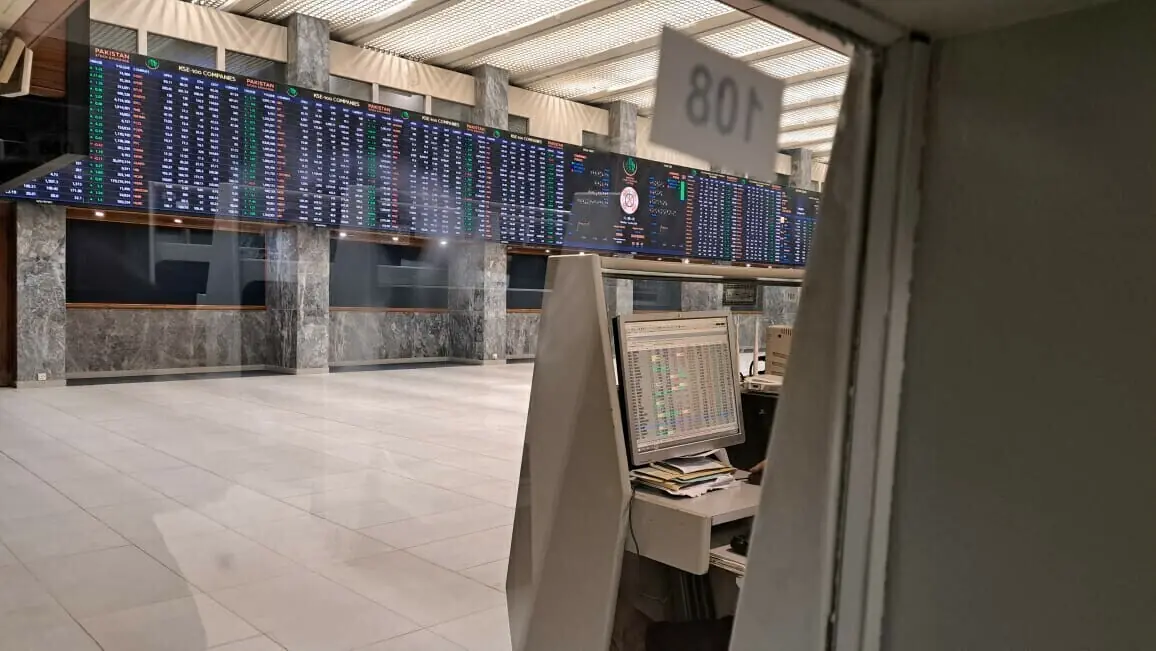Kenya and Tanzania's shillings are expected to be on the back foot next week amid importer demand for dollars, while Uganda's currency should remain stable ahead of the central bank's interest rate decision on Monday. Kenya's shilling is likely to remain under pressure in coming days as importers buy dollars ahead of polls in March.
East Africa's biggest economy will hold a presidential vote on March 4, the first since Kenya's disputed poll in 2007 when post-election violence paralysed the economy. The shilling, which has lost 1.7 percent against the dollar this year to 87.45/65, touched a new one-year low of 87.80/88.00 on Tuesday as importers stockpiled dollars.
Tanzania's shilling is expected to depreciate against the dollar next week amid strong demand for the greenback from oil importers and traders. Commercial banks in east Africa's second-biggest economy quoted the shilling at 1,620/1,630 to the dollar on Thursday, weaker than 1,607/1,617 a week ago. "The shilling has been depreciating significantly...in the coming days, we see more depreciation of the local unit because there is a lot of demand from the oil sector as well as traders, but no sustainable inflows of dollars" said Sameer Remtulla, a dealer at Commercial Bank of Africa Tanzania.
Market participants said they expect the shilling to trade in the 1,620-1,630 range in the days ahead. Uganda's shilling is seen holding its ground against the dollar over the coming week, with traders reluctant to make big bets on the local currency ahead of the central bank's rate announcement on Monday.
Official data on Thursday showed inflation in east Africa's third largest economy slowed to 4.9 percent in January from a revised 5.3 percent in December. Some analysts say the relatively small decrease in inflation is unlikely to persuade the central bank to resume its monetary policy easing cycle after pausing it this month to tame resurgent inflationary pressures and support a weak shilling.
The naira is seen edging up against the dollar next week on expectations of dollar sales by the state-owned energy company, NNPC, and some offshore investors buying local debt. The naira was trading around 157.16 to the dollar, stronger than its close of 157.40 the previous day.
Traders said the local currency opened stronger on Thursday on the impact of dollar flows from two energy companies the previous day and selling by some local units of foreign banks. The kwacha is likely to remain on the back foot next week due to increased demand for the dollar whose supply has also been relatively subdued. The currency of Africa's leading copper producer, which was rebased on January 1, lost 1.9 percent over the week and was at 5.390 in early afternoon trading on Thursday.
Standard Chartered Bank Zambia said in a research note that the high local currency liquidity had subdued dollar supply. Ghana's cedi is expected to remain stable against the dollar next week, cushioned by offshore inflows into the bond market, analysts said. The local currency was at 1.9025/50 to the dollar on Thursday, up from Wednesday's close of 1.9040. "USD/GHS is expected to remain stable in the 1.900-1.9200 range next week, supported by trickling offshore inflows on secondary bond market activities and carry trades," Stanbic Bank Ghana trader Christopher Nettey said.
BR100
15,059
Decreased By
-56.5 (-0.37%)
BR30
42,931
Decreased By
-117.2 (-0.27%)
KSE100
148,815
Decreased By
-677.8 (-0.45%)
KSE30
45,206
Decreased By
-312 (-0.69%)





















Comments
Comments are closed.